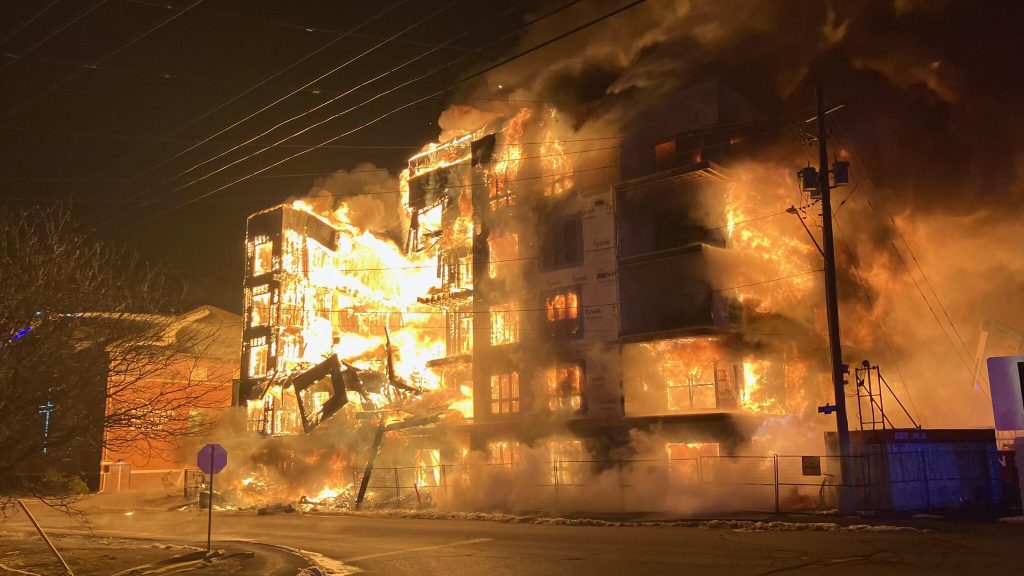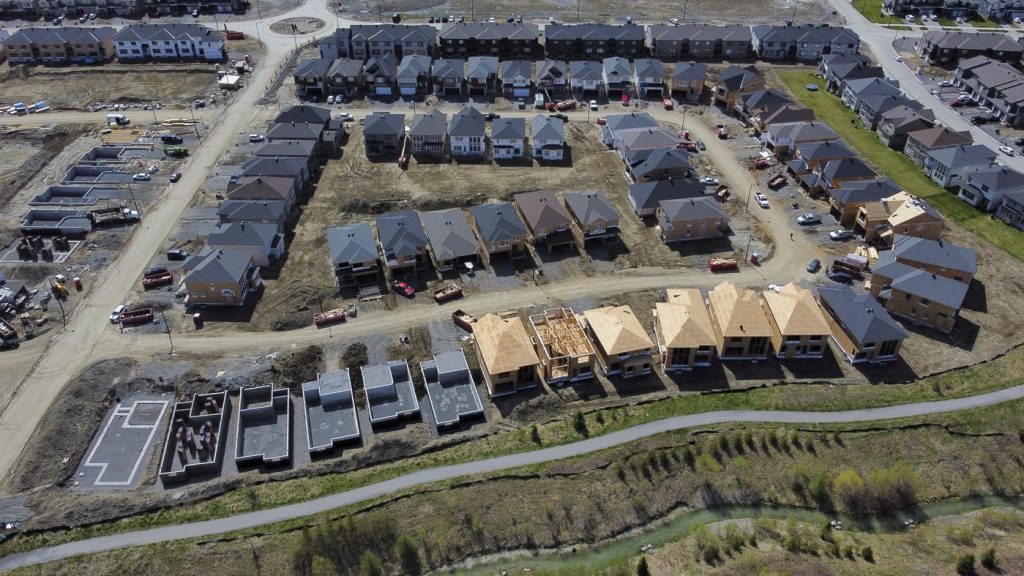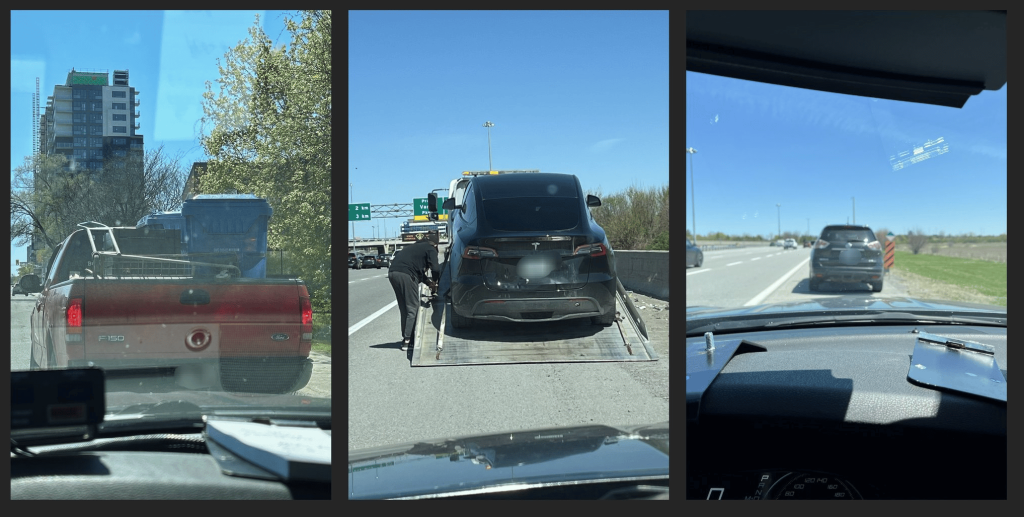New Vacant Unit Tax not the answer to Ottawa’s housing, homelessness crisis: landlords association
Posted Mar 23, 2022 08:55:00 PM.
Homeowners will now have to report if their dwellings or units are vacant now that city council has approved the new Vacant Unit Tax.
City council approved the new tax at the council meeting on Wednesday, March 23, saying that the tax is meant to encourage homeowners to occupy residences, sell or rent their properties to help increase housing supply in Ottawa.
Residential property owners across Ottawa will now need to make an annual declaration of vacancy between January 1 and mid-March or be charged a $250 late declaration fee.
The fee will only be imposed in the second declaration year, 2024, to provide residents ample time to adjust to the new system, the City said in its announcement.
The tax would be added to the final property tax bill each year, and net revenues from the tax would fund affordable housing.
It's anticipated to generate about $6.6 million per year, however, the City still need to seek provincial approval to designate Ottawa to levy the tax.
Should the province approved, the tax would be implemented in 2022, with the first annual declaration and billing starting in 2023.
But the new tax isn't going over so well with Ottawa's Small Landlords Association.
Despite the claims, Stuart MacPherson believes the new tax actually won't help the city's housing and homelessness crisis, and will only be a burden on anyone owning residential properties.
The association's concern is not so much about the tax itself, but of what it’s supposed to do, and his belief that it’s not going to address the real problem.
When the City announced the housing crisis in Ottawa in 2020, MacPherson said the association worked alongside councillors and city staff and offered up some recommendations to help address the emergency.
The Vacant Unit Tax was not one of them.
“According to city staff’s own reports, when they first brought this to council for consideration… they had identified that there was a potential of 20,000 vacant units in the city of Ottawa,” he explained on The Sam Laprade Show on Wednesday, March 23. “Now that’s a significant number — and yes, being able to reduce that number would help to address the homelessness situation. However, as they started to do their research, they discovered that there were far less than 20,000. Their next estimate was less than 3,000 vacant units in the city of Ottawa. And with the report that was delivered to council this morning, they have now estimated that there are approximately 1,600.”
However, the way the City will go about finding these vacant units in order to tax them will require home owners of every single family home — even duplexes and triplexes — to annually report on whether they have a vacancy exceeding 184 days.
That means an estimated 330,000 reports will be required to the City.
“What that says is that they’re going to be implementing this tax to try to solve a problem that affects less than one-half of one per cent — at most — of the people of the city of Ottawa. This is creating a burden.”
And City staff said at Wednesday’s city council meeting that it would be as easy as homeowners going online to tick off a box when it comes time for them to pay their property taxes.
However, MacPherson doesn’t see it as simply as the City does.
As he explains, a “significant number” of property owners have their taxes paid by the bank. They pay their taxes through their monthly mortgage payments with their bank who then pays the City for homeowners when tax season comes around.
“I, personally, do not believe this is going to have as limited an impact as city staff was telling council,” MacPherson said.
On top of that, small landlords are struggling to keep themselves afloat thanks to added costs and limited means of income.
“Most small landlords don’t have a large property holding,” MacPherson said. “They may have one house that they rent out, they may have an apartment in their own house that they’re renting out — so a lot of them don’t have deep pockets. They’re doing this as a way to raise some extra money. But in the last couple of years, as has happened to everyone, prices have gone through the roof.”
Top that off with the rise in cost of living and their limited means to increase the price of their rent with existing tenants, the freeze in rent increases last year and the modest 1.2 per cent increase they’re allowed to apply in 2022, and small landlords are barely able to keep up with the cost of inflation.
So while rent increases are able to go up significantly for new leases, not much can be done for existing leases.
Listen to MacPherson's full interview on The Sam Laprade Show below.








